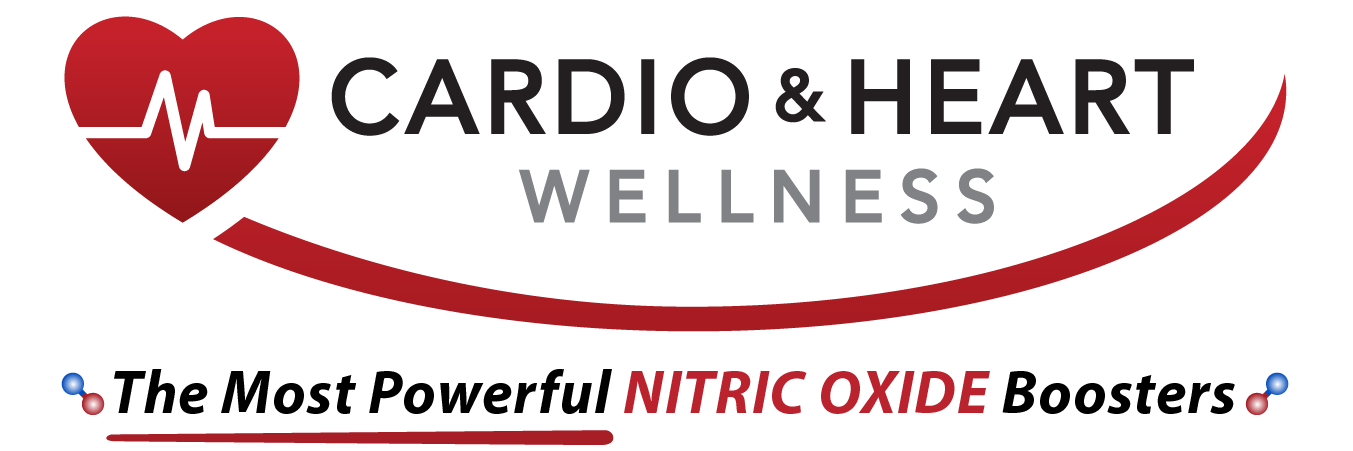In the complex machinery of the human body, endothelial function and nitric oxide (NO) serves as a critical gear that keeps the entire system running smoothly. As a potent vasodilator, nitric oxide plays a fundamental role in the cardiovascular system, regulating blood flow and pressure, and preventing blood clot formation. But what happens when the production of this crucial molecule is disrupted? Let’s delve into the world of endothelial function and nitric oxide and explore its role in maintaining vascular health, how deficiencies can impact our well-being, and the strategies we can employ to optimize its production.
Key Takeaways
- Endothelial cells play a crucial role in the production of nitric oxide, which is vital for maintaining vascular health by modulating blood flow, vascular tone, and influencing platelet aggregation.
- Nitric oxide deficiency can lead to a range of health problems including high blood pressure and cognitive issues, with strategies including dietary and lifestyle changes, alongside pharmacological interventions, to manage and reverse endothelial dysfunction.
- Ongoing research in nitric oxide therapeutics is exploring novel drug delivery systems and innovative treatment strategies to improve cardiovascular health, signaling the importance of nitric oxide in therapeutic advancements.
The Vital Role of Endothelial Nitric Oxide in Vascular Health
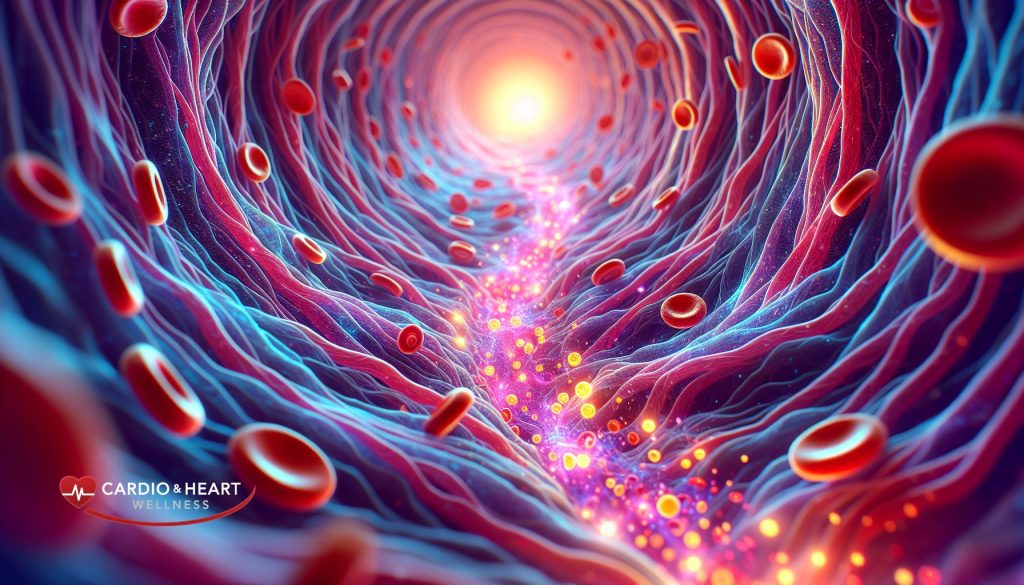
The endothelial cells that line our blood vessels are responsible for the creation of nitric oxide and regulating its activities, otherwise known as endothelial nitric oxide production. These particular cells have an important role in making sure the process runs effectively and efficiently so we can reap all of the benefits from this essential compound.
Understanding Endothelial Cells
Endothelial cells, including human endothelial cells and their progenitor counterparts, form the vascular lining of our blood vessels – otherwise known as the ‘vascular endothelium’. Here lies a critical role in synthesizing nitric oxide by way of enzyme-driven means. This is being realized through ‘endothelial nitric oxide synthase’ (eNOS).
Subsequently it acts like an influential signaling molecule to regulate both our blood flow and vascular tone. This is invaluable for upholding healthy and efficient functionality in terms of these two core elements associated with our vessels.
Mechanisms of Nitric Oxide Production
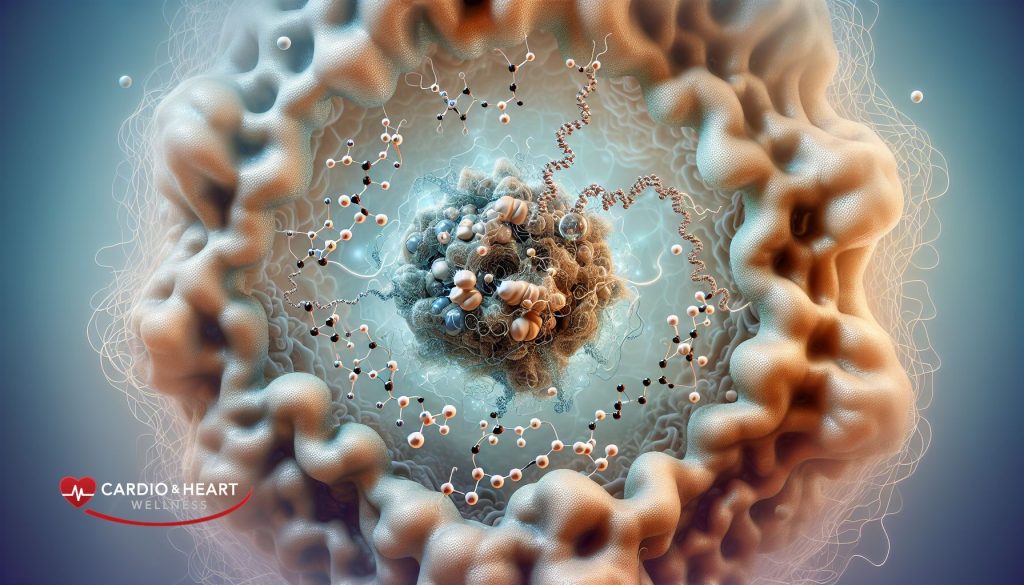
Nitric oxide synthesis is an intricate process with many vital components. L-arginine, an amino acid, gets converted into nitric oxide by the enzyme endothelial nitric oxide synthase (eNOS), which is encoded in the gene known as Nitric Oxide Synthase. This conversion of eNOS to activate and create nitrogen monoxide happens when flowing blood puts shear stress on the walls of arteries and veins. The role played by this compound in sustaining vascular health, such as its effect on platelet aggregation, cannot be understated or overvalued.
Impacts of Nitric Oxide on Vascular Tone
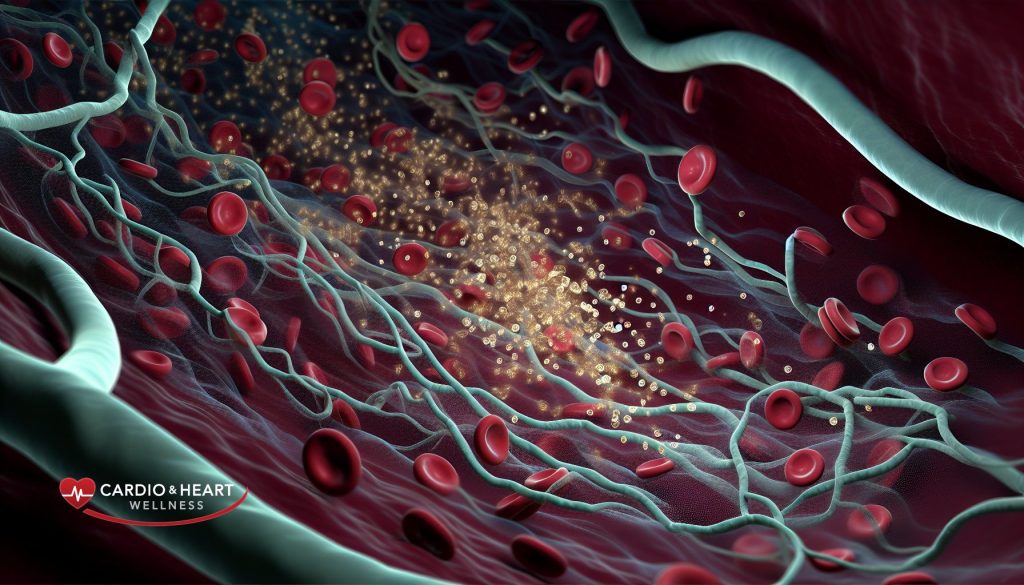
Nitric oxide is an important factor for maintaining the tone of blood vessels, as it allows them to relax and widen, reducing resistance against the flow. When nitric oxide availability decreases due to diseases such as atherosclerosis which lead to inflammation and proliferation of vascular smooth muscle cells. Elevated pressure inside arteries are observed, compromising their protective functions over blood vessel walls.
The Interplay Between Endothelial Function and Cardiovascular Disease
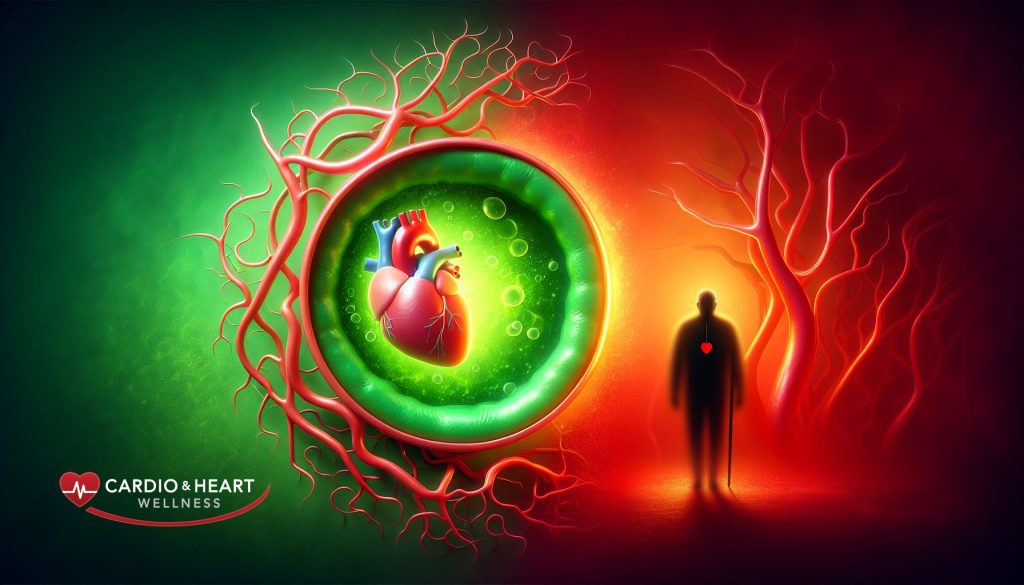
Risk factors associated with diminished ability of endothelial cells to produce nitric oxide, which is known as endothelial dysfunction, may be responsible for the occurrence and development of different types of cardiovascular diseases including coronary artery disease. Identifying these risk factors and formulating counteractive strategies could possibly aid in both preventing such conditions from occurring as well as treating them when they do arise.
Identifying Risk Factors
Endothelial dysfunction can be caused by a variety of risk factors, including aging, physical inactivity and an unhealthy diet. As one grows older, there is the potential for disruption to occur between vasodilators/vasoconstrictors, which increases their vulnerability to developing this condition. Not getting enough exercise or consuming diets high in trans fats and saturated fats may also contribute to endothelial dysfunction problems.
Strategies for Reversing Endothelial Dysfunction
The prevention and treatment of cardiovascular diseases can be aided by making lifestyle modifications, dietary adjustments, and using pharmacological treatments to reverse endothelial dysfunction. Examples include regular exercise as well as following a Mediterranean-style diet, plus taking medications like carvedilol combined with an ACE inhibitor that improves the functioning of the endothelium.
Boosting eNOS Expression and Activity
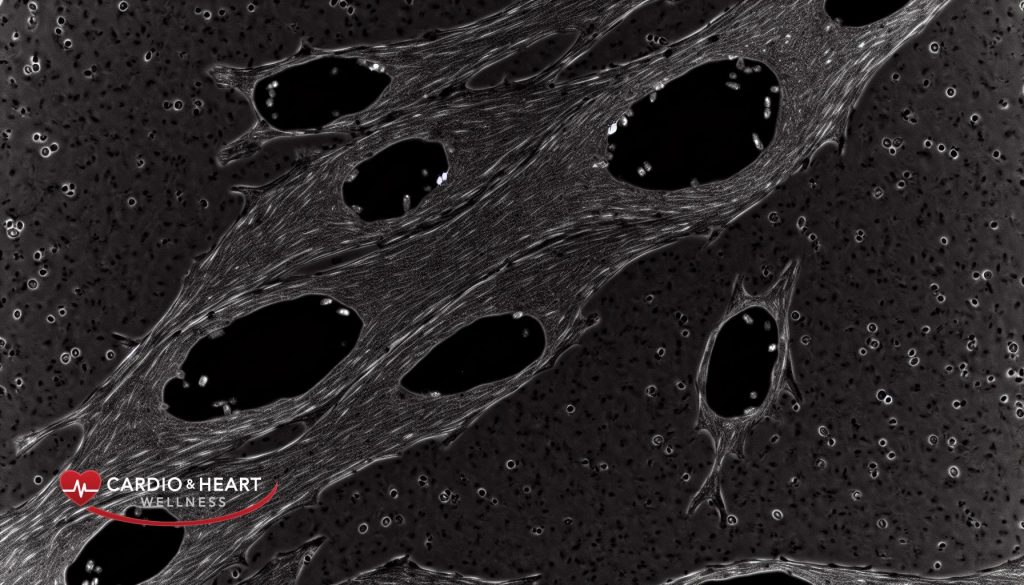
Increasing the expression and activity of endothelial nitric oxide synthase, or eNOS (also known as endothelial no synthase), is a practical way to enhance cardiovascular health through boosting production of nitric oxide. This approach emphasizes the role of inducible nitric oxide synthase on producing adequate amounts of this essential compound for optimal function within our bodies’ vascular systems.
Natural Stimulators of eNOS
Nitric oxide production and endothelial function can be bolstered through natural methods such as physical exercise and a healthy diet full of nitrate-containing foodstuffs, along with specific nutrients like L-arginine and L-citrulline. These forms of stimulation are all conducive to increased NO levels within the body resulting in improved cardiovascular health overall. This is complemented by an enriched intake of nitrogen for positive developments related to good heart condition.
Pharmacological Interventions
The activity of eNOS can be stimulated through pharmacological intervention to boost nitric oxide production. This includes taking statins, which deactivate the RhoA/Rho kinase pathway and thus increase expression of enos mRNA, ultimately leading to an increased presence of eNOS proteins in the body as well as more generated NO molecules. ACE inhibitors along with a few antioxidants have been found effective in stimulating eNOS activation for advancing nitric oxide formation within cells.
The Consequences of Nitric Oxide Deficiency
Nitric oxide insufficiency can trigger a variety of medical problems such as hypertension, exhaustion and even thinking difficulties. Spotting the signs of nitric oxide lack and engaging in activities to address it may help reduce these health issues. Taking preventive measures is key in avoiding potential hardships related to inadequate levels of nitric oxide production by your body.
Recognizing Deficiency Symptoms
Identifying the signs and symptoms of nitric oxide deficiency is a vital part in treating it correctly. The usual indicators are exhaustion, disruption to blood vessels, hypertension, and depression. In cases where this shortage is serious, physical strength and mental agility can be affected resulting in consistent fatigue along with difficulties on the cognitive side too. Nitric oxide must always remain at an optimal level for proper functioning of all organs linked with the circulatory system, including veins and arteries alike.
Addressing Nitric Oxide Deficiency
One way to manage nitric oxide deficiency is through dietary changes, supplementation and lifestyle modifications. Nutrients like beets, spinach and arugula are high in nitrates that can contribute to increased levels of this essential molecule. Other helpful supplements include L-arginine and L-citrulline, which also boost the production of the compound.
Regular physical activity as well as good oral hygiene can help maintain sufficient concentrations of nitrogen monoxide too.
Innovations in Nitric Oxide Research and Therapeutics
Research into nitric oxide therapeutics continues to move forward and is now encompassing the development of new drug delivery systems, the identification of novel compounds, and creative approaches for treating cardiovascular diseases.
Cutting-edge Studies
Research on nitric oxide is leading the way in uncovering its effects on endothelial functioning, inflammation and oxidative stress. This emerging knowledge about how it operates biologically offers the prospect of improved treatments for cardiovascular conditions.
Emerging Treatments
Research in nitric oxide has led to the emergence of new treatments, such as formulations and targeted therapies that aim to boost nitric oxide production or signaling for improved cardiovascular health. These therapies include hybrid drugs consisting of NO compounds, donor drug hybrids with NO components, and biomaterials releasing this molecule.
The Link Between Oral Health and Nitric Oxide Levels
The synthesis of nitric oxide, which is essential for optimal production, depends on the health and balance of oral bacteria in the mouth. These microbes interact with nitrate-reducing bacteria to promote a healthy level of this molecule required for keeping one’s vascular system sound. It is important to practice good dental hygiene regularly.
Enhancing Cardio & Heart Wellness with Nitric Oxide
Nitric oxide has shown potential as an important asset for cardiovascular health. Supplements containing this gas help to increase blood flow, dilate the veins and arteries, as well as normalize blood pressure levels. All of which are beneficial for maintaining healthy heart conditions. As a result, these nitric oxide-based cardio & Heart Wellness products offer numerous advantages in terms of strengthening overall cardiac function.
Key Ingredients for Heart Health
Heart health depends greatly on L-arginine and L-citrulline, as these substances help to generate nitric oxide. Antioxidants also play a vital role by combating oxidative stress in the cardiovascular system.
Realizing the Full Benefits
Achieving optimal nitric oxide levels requires a multifaceted approach which includes eating healthily, working out routinely and taking proper care of one’s oral hygiene. By selecting nutritious foods for their diet, engaging in aerobic activity regularly and brushing teeth daily individuals can improve the concentration of this important compound as well as enhance cardiovascular wellbeing.
The Role of Vasodilation in Cardiovascular Health
The relaxation and enlargement of blood vessels, otherwise known as vasodilation, is essential to the well-being of our cardiovascular system. It helps ensure that organs and tissues get adequate oxygenated blood supply. The role played by nitric oxide in this process cannot be overstated, it encourages expansion of arteries and veins so as to facilitate a smoother flow rate thereby reducing any issues with hypertension. Ultimately, these two components working together have an immense impact on preserving one’s overall health status.
Summary
The endothelial nitric oxide has a critical role to play in protecting vascular and cardiovascular health. Including controlling blood pressure, stimulating vasodilation, as well as preventing the formation of clots. Keeping these functions in mind and understanding what happens when there is an inadequate production of this substance can help improve overall well-being by optimizing cardiac wellness. Strategies that boost its amount should be put into place for improved results.
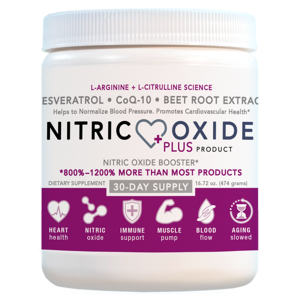
Frequently Asked Questions
Does nitric oxide improve endothelial function?
Consuming dietary sources of vitamin C and flavonoids can boost nitric oxide levels, which in turn helps support healthy endothelial function by allowing for vasodilation. Nitric oxide is an important component in preserving the efficient functioning of our vascular system’s walls.
What improves vascular endothelial function?
Consuming antioxidant-rich nutrients such as vitamin C and supplementing with curcumin, fish oil, antioxidants, L-arginine, folic acid and soy protein can benefit the vascular endothelium by protecting it from oxidative damage. This increases nitric oxide bioavailability in turn improving the efficiency of endothelial function while reducing oxidation stress levels.
How can nitric oxide deficiency be addressed?
Ensuring nitric oxide levels are adequately balanced may be achieved through dietary means, such as consuming items that contain high amounts of nitrates like spinach, arugula and beets. Supplementing with L-arginine or L-citrulline is also recommended. Apart from this, regular exercise and appropriate oral hygiene should help support healthy concentrations of the molecule in question.
How do L Arginine and Nitric Oxide work together?
A rise in levels of L arginine can help to augment the creation of Nitric Oxide, due to its conversion via an enzyme known as Nitric Oxide Synthase (NOS) into the gas form (Smith 2021). The role NOS plays is essential for this process and it’s ultimately what leads to increased Nitric Oxide production.
What are the benefits of Cardio & Heart Wellness products?
Various Cardio & Heart Wellness products are available, all designed to help support cardiovascular health. They can increase vasodilation and normalize blood pressure while also promoting optimal circulation of the blood throughout your body.
